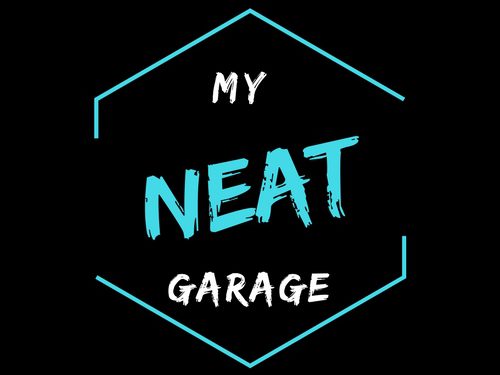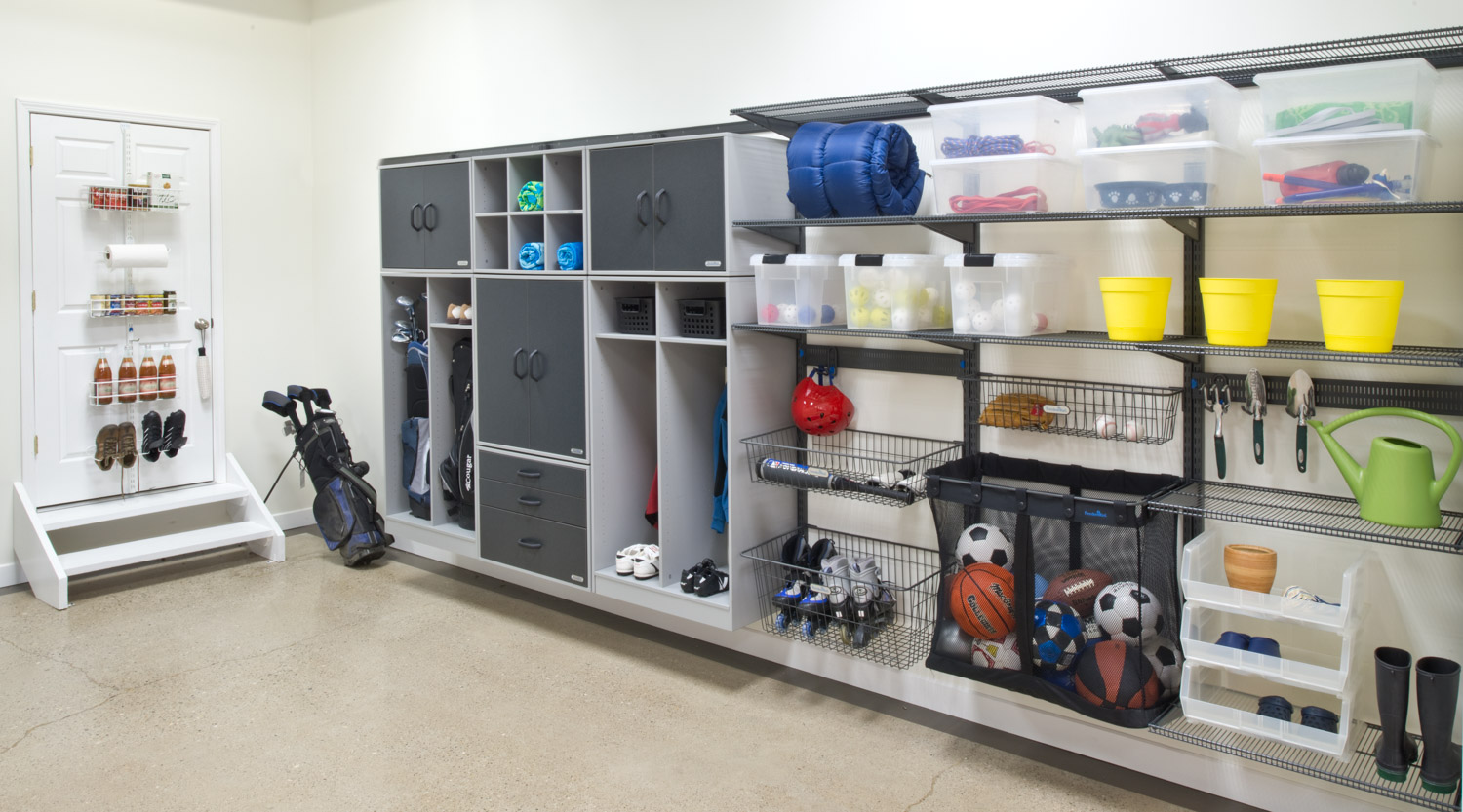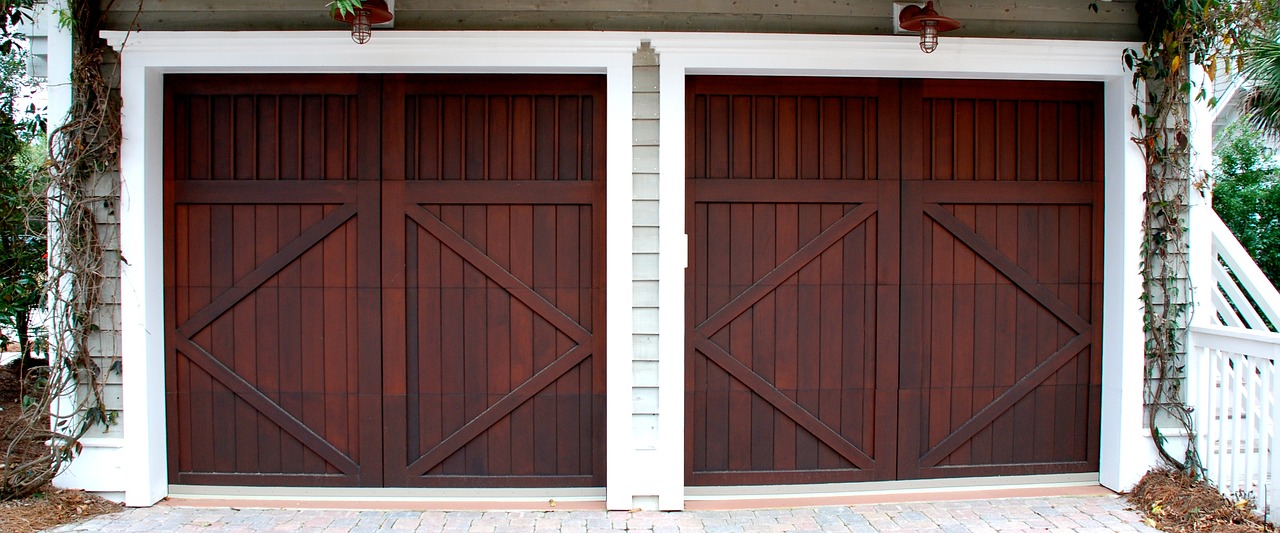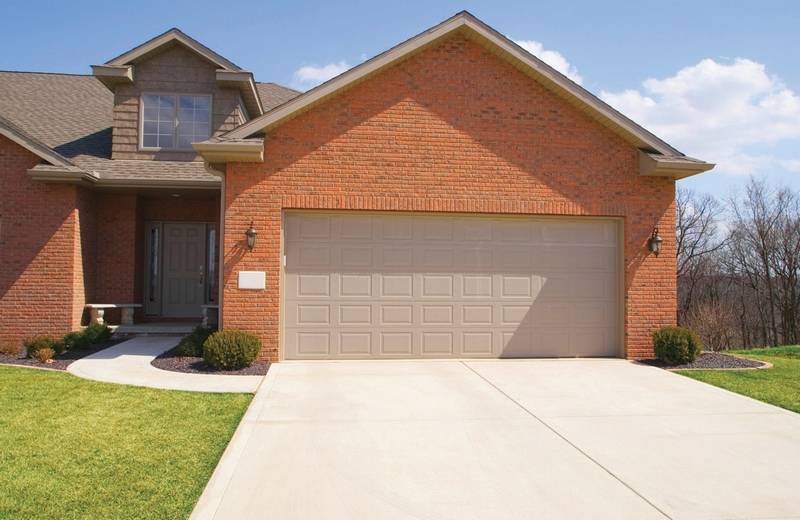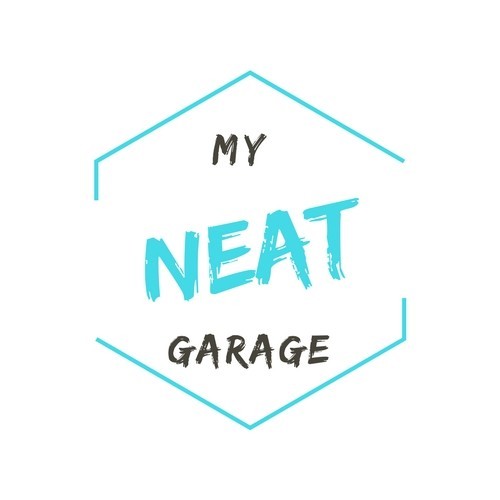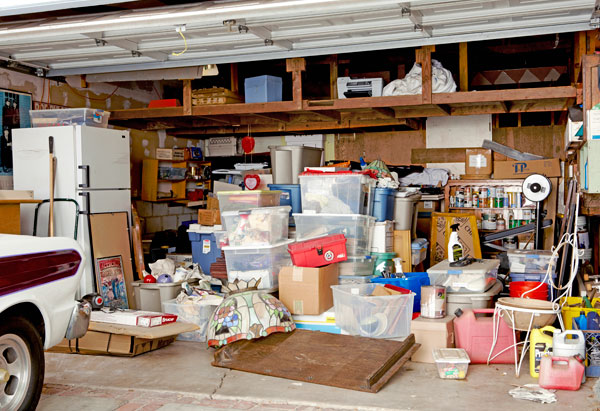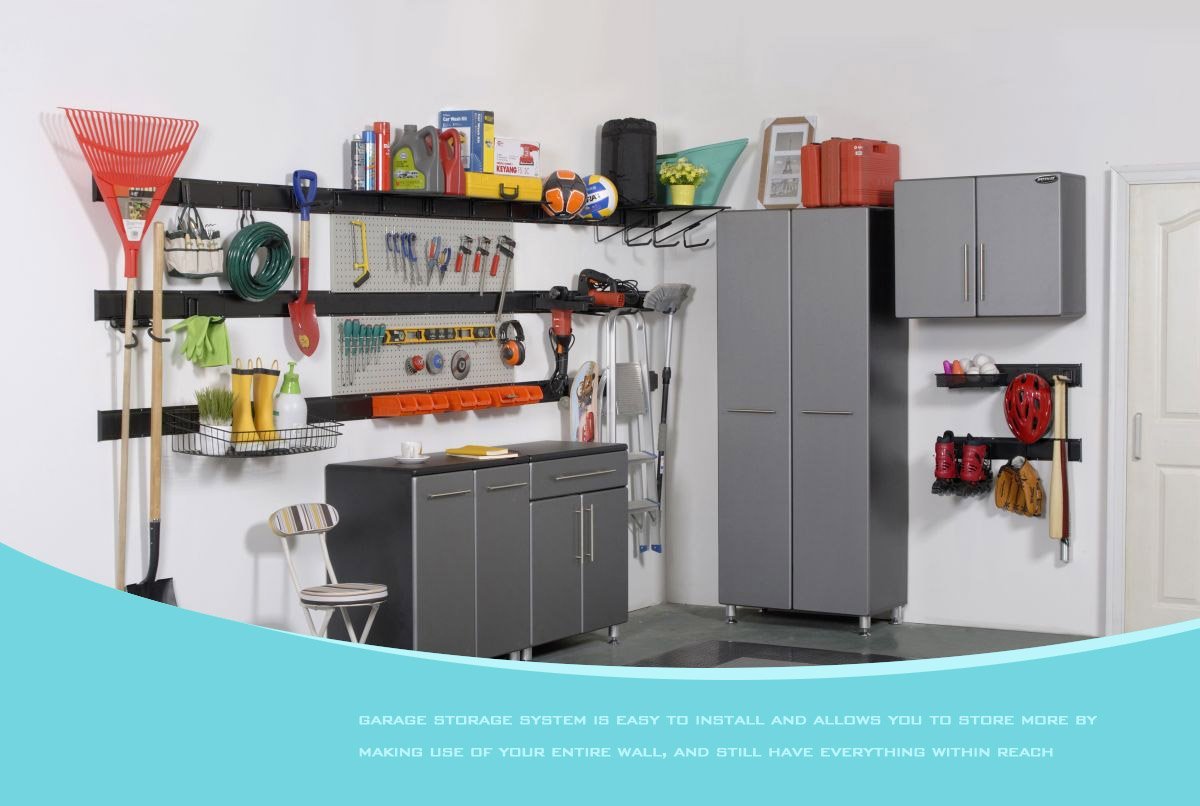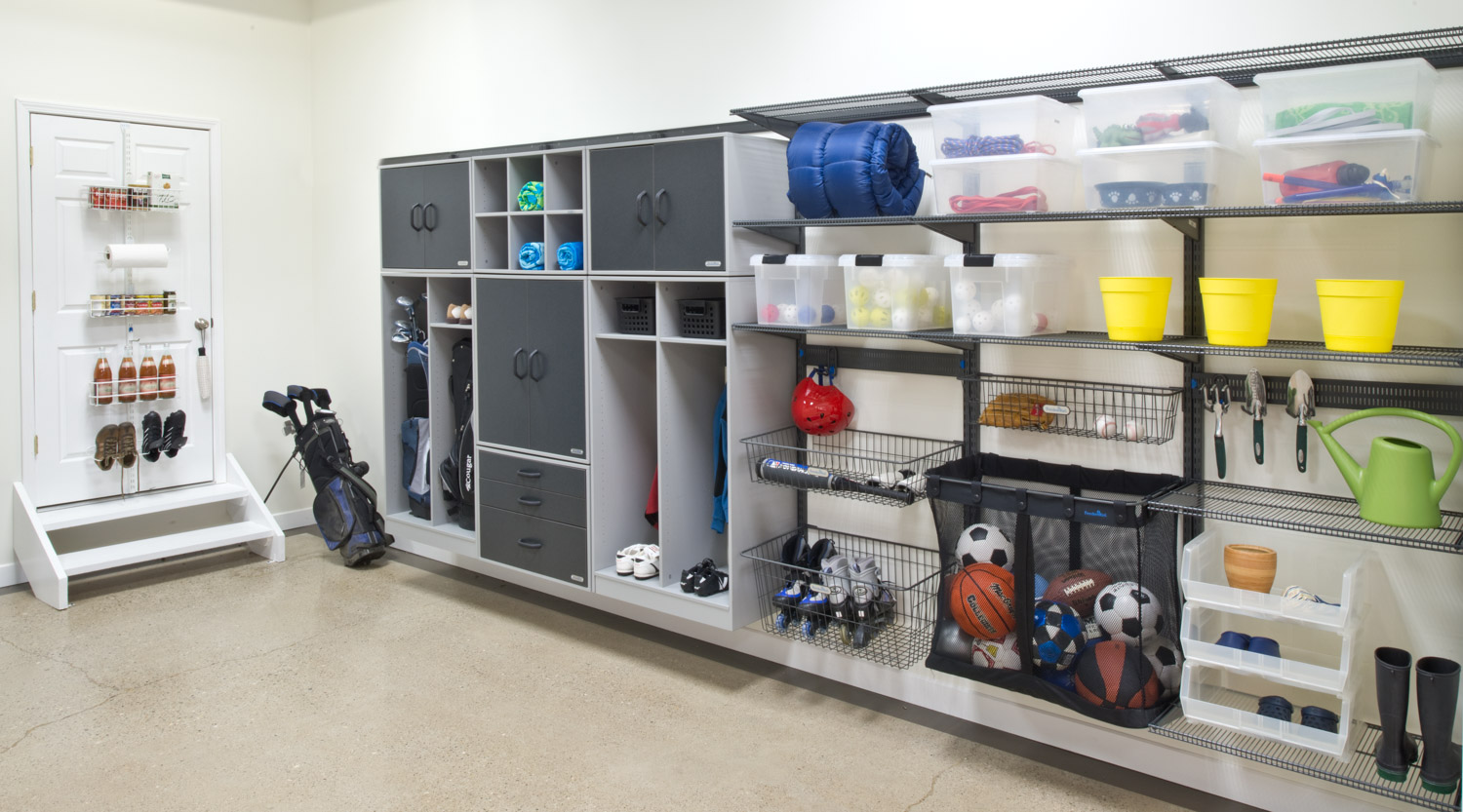Common Problems With A Garage
When you spend so much time caring for your home, maintaining your garage might fall to the bottom of your to-do list. As a space that’s primarily used for storage, priority is given to areas of the home where guests gather and family uses. Yet, garages are important areas of the home that must be tended to.
Garages come in all shapes and sizes. Some are small and detached from the home with space above for storage. Others make it easy to open the garage door, park and walk right outside without ever facing the elements.
If you’re lucky enough to have a garage, you also know that they can come with an assortment of problems. From garage doors that won’t close to leaks, these are issues you must fix.
“If you’ve found a small problem in your garage, it’s best to get it fixed before it becomes a major issue. “
Like other areas of the home, it’s a good idea to inspect features and functions of your garage at least once a year to make sure all is in good condition. If you find something out of the ordinary, you can fix it before it becomes a problem. Here are a few garage maintenance tips, common problems and how to solve them.
Common Garage Problems
Just like inspecting other areas of your home, it’s a good idea to know what you’re looking for ahead of time. It’s recommended to give your garage a thorough inspection every six months. Create a checklist of items to look at. Here are items in your garage to pay attention to:
- Garage Door Opener Doesn’t Work
- Garage Door Doesn’t Close All The Way
- Cracks In Garage Floor
- Noise Garage Door
- Items Disappear In Your Garage
- Changes In Garage Walls
- Garage Gutters Are Not Obstructed
- Rust In Garage Door Springs And Pulleys
Problem 1: Garage Door Opener Doesn’t Work
Have you ever tried to use your garage door opener just to find out it won’t do what you need it to? Sometimes, we find a “trick” to get it to work, but that only lasts for so long. From a dead battery to a poor transmitter, finding the quick fix to a broken garage door opener isn’t always easy.
Solution
Unfortunately, there’s not always a clear solution when it comes to a garage door opener that doesn’t work. First, try replacing the batteries. It’s a simple step that we don’t always think of. Create a routine where you change your garage door opener batteries every time you change your smoke detector to avoid this problem.
If this still doesn’t work, try seeing if something is blocking the door or sensor. It could be a small item that has simply shifted. This is an easy fix. If your garage door opener still isn’t working, it could indicate a larger problem like poor track alignment or broken springs. You’ll want to have this checked by a pro as soon as possible.
Problem 2: Garage Door Doesn’t Close All The Way
One of the unique features that define a garage is the door itself. It’s large and often opens with the touch of a button so you don’t have to worry about holding it open. This allows for the space to be used for storage of items that would otherwise not fit in a shed or other areas of the home. If you’ve ever had a broken garage door before, you know the experience can be extremely frustrating.
Some homeowners encounter the opposite problem. While the garage door opener works, the door refuses to close completely. Whether it’s an inch or a few feet off the ground, this is a serious hazard. It could lead to burglaries or pest problems. Get this fixed right away.
Solution
The first step to correcting a garage door that won’t close completely is to check the sensors. If they aren’t properly aligned, that could keep the door from closing completely. You should also check to see if the sensors are clean and free of debris, as this can influence how the door functions.
If you’ve aligned and cleared your sensors, it could be a problem with the track. I’d advise making sure the track is clear and then contacting a garage contractor who can help identify the problem with the door. They’ll be able to easily identify what, if anything, must be replaced.
Problem 3: Cracks In Garage Floor
Over time, you may realize that your floor has cracks that seem to be getting larger. In a cement floor, cracks can cause leaks, insects and more to impact your garage. The quicker you solve this problem, the less you’ll have to deal with in the long run.
Evaluating your garage door as a routine inspection will take up most of your garage maintenance time. But, your garage floor is important as well. During your inspection, look at the garage floor. See if you notice any new cracks or shifts in the floor. These will need to be repaired before they get worse. You can patch small cracks up with a concrete crack filler. However, severe cracks might require the help of a masonry pro.
Solution
Small cracks in your garage floor can easily be taken care of by using a heavy-duty concrete crack filler. For larger cracks that need leveling, you might want to consider leveling your concrete. While this is an investment, it is the best way to keep your concrete floor even. The average cost to level a concrete slab is $825, with most homeowners spending between $598 and $892.
Stains and spots are also an issue that can appear on your garage floor over time. Typically, these are caused by grease and oil. By catching them early, there are a few remedies you can try. There is the method of using cat litter over the stain to remove it. Pour over the stain and press it into the concrete. The pressure should help lift the stain into the material.
However, for stains that have been around for a bit longer, you might want to try an oil and grease cleaner to get the spot out of your garage floor. You may also consider a new epoxy floor coating to give your garage a fresh, new look.
Problem 4: Noisy Garage Door
Garage doors sometimes have a language of their own, producing noises you didn’t know were possible. Sometimes, the door makes a small creak and other times, it’s a grinding sound that can wake up an entire neighborhood. While annoying, a noisy garage door can be a symptom of a bigger problem with your springs.
Solution
The good news is that it could be one of two problems that could be an affordable fix. The rollers on the track may need to be greased, and you can easily do so by picking up garage door lubricant from your local hardware store. However, if that doesn’t work, you may have imbalanced springs, which will have to be repaired or replaced.
If you see an issue with any of the parts of the garage door, have it repaired by a pro. If it’s not opening properly or you observed corrosion in the spring, it’s likely you’ll need to have it replaced. This is not a DIY job. The average cost to replace a garage door spring is between $200 and $300. This is an investment that can save you a lot of money in the long run if it’s caught early.
Hopefully, all is well during your garage door inspection. If that’s the case, you’ll want to perform regular maintenance to keep it in great working condition. Unplug from the garage door opener. Find a lubricant as suggested by the manufacturer and use on the rollers. Clean the track with a cloth, removing any dust and debris. Lubricate the springs if needed as well to help them last longer.
Problem 5: Items Disappear In Your Garage
One of the top problems in any home is organization. So, it’s no surprise that disorganization and clutter in the garage is a common problem for homeowners. From lawn equipment to tools and outdoor toys, your garage can be a catch-all that’s hard to keep clean.
Solution
The easy fix for a cluttered garage is to clean it up! Take time to get rid of old items you may not need such as boxes, toys and more. Sweep the floor and get rid of dust. If you find yourself cleaning your garage more than you anticipated, perhaps installing garage organizers is a good choice. Storage shelves and cabinets can make it easy to keep everything in its place. The average cost to organize a garage is $2,065, with most homeowners spending between $1,092 to $2,357.
Garage Pest Removal
A common problem with garages is pests. They can find their way in if you frequently leave your garage door open, or if there’s a gap large enough for them to fit through. The last thing you want is a small rodent or pest to start calling your garage home. Here are common garage pests:
- Mice
- Raccoons
- Rats
- Opossums
- Ants
- Spiders
- Termites
While each infestation requires particular care, prevention starts the same. A cluttered garage creates hiding places for pests to not only continue growing but making them difficult to find and catch. Organize your garage and keep it clean so there’s no reason for a pest to want to enter.
While you should inspect regularly for animals or bugs, be aware of changes you see on a day-to-day basis. It’s important to catch infestations as early as possible, as they tend to grow exponentially. Look for animal droppings or noises. If you find yourself with an infestation in your garage, contact a pest removal pro who will safely be able to handle it.
Conclusion
Just like the rest of your home, the garage must be cared for. A garage is a great place to keep items out of the weather but must be taken care of like any other room in the home. Inspecting and maintaining your garage on a regular basis can help you catch small problems before they become more severe.
See if your garage has any of these common problems and get it repaired as soon as possible. Create a plan on how you will maintain your garage and stick to it.
Thanks For Reading,
